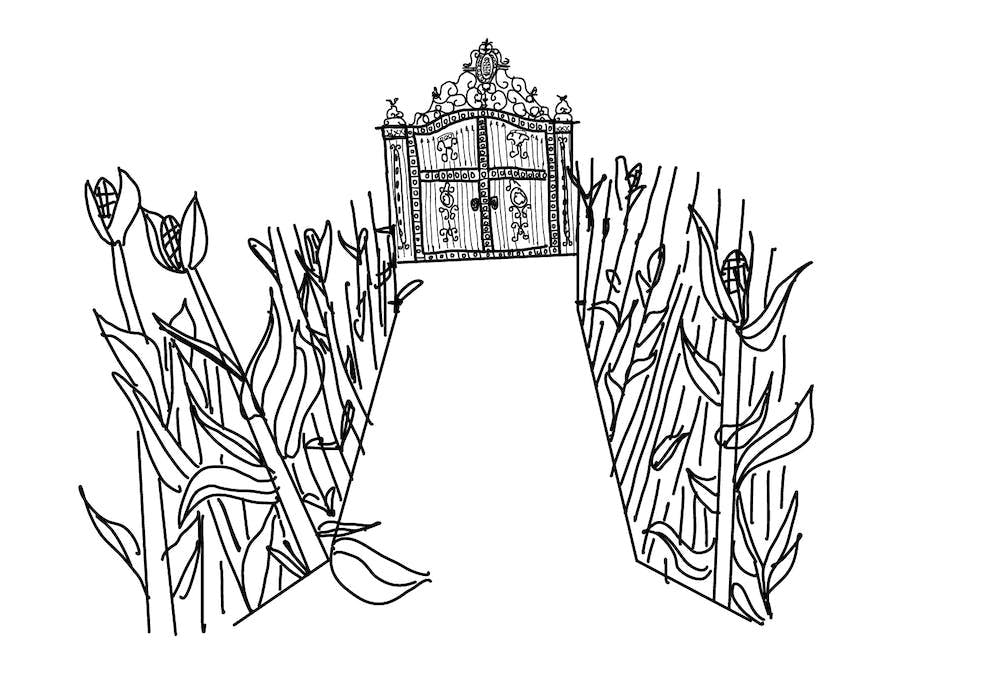Brown and 15 other institutions have joined a new partnership focused on increasing recruitment of undergraduate students from rural communities, according to an April 4 University press release.
The Small Town and Rural Students College Network aims to provide rural students with resources in the application process while increasing outreach to prospective applicants and allowing colleges to share best practices about rural recruitment.
The network was launched with a $20 million dollar donation from the family foundation of Byron Trott, an investment banker, University of Chicago alum and native of Union, Missouri — a city of 10,204.
Trott reached out to Jim Nondorf, vice president of enrollment and student advancement at the University of Chicago, with the idea for a nationwide effort to help rural applicants. Nondorf then approached Christiansen to create a “network that would really look at how we can better increase services to our small town and rural areas,” Christiansen told the Herald.
Each institution will be awarded $800,000 to spend over the four-year launch of the program, according to Douglas Christiansen, vice provost for university enrollment affairs and dean of admissions and financial aid at Vanderbilt University.
Christiansen and Nondorf will co-chair the network, which also includes Yale, the Ohio State University, the University of Wisconsin, Vanderbilt and the University of Chicago, among other colleges.
“What's really different about the STARS Network from the other sort of college (and) university consortia that we participate in is the incredible breadth of institutions,” said Logan Powell, Brown’s associate provost for enrollment and dean of admissions.
The University has been involved in the planning of the network “from the very first conversation,” with formal discussions beginning last summer, Powell said.
Powell added that the University has not done enough in terms of outreach to students from rural and small-town communities, a gap that the STARS Network aims to fill. “Because we haven’t done the outreach, those students may not even be aware that places like Brown are a possibility for them,” Powell said. That can lead to otherwise qualified students not applying to selective higher education institutions, a phenomenon called “undermatching.”
STARS is the latest University initiative to increase the representation of rural students on campus. The University announced a new focus on their recruitment in 2014, hosting its first fly-in application workshop event in 2019, The Herald previously reported.
In fall 2022, 28 rural high school students traveled to College Hill to learn more about Brown and the college application process, according to the press release.
These efforts have increased the number of rural applicants and admitted students, according to Powell. This application cycle, 8% of admitted students hailed from rural and small-town regions, The Herald previously reported.
Jay Philbrick ’24.5, a rural student admitted in 2020, suggested that rural students could benefit from increased virtual information sessions, admissions officer visits to rural areas and more resources for high school guidance counselors in rural areas.”
Hailing from two towns in Maine — one of fewer than 2,500 residents and another with fewer than 4,000 — Philbrick described his upbringing as “very different from what a lot of my friends at Brown have experienced.”
“I think the biggest thing that struck me was just how many people from cities there are,” Philbrick said. “There were a lot of opportunities that weren’t available (to me) in terms of extracurriculars. It made me feel a little alienated.”
“These small communities simply don’t have the resources to help show these students what is possible and help them get there,” Trott said in the release.
Powell and Christiansen both pointed to virtual programming and increased rural visits as initiatives their offices may pursue with funds from the network. Christiansen said that Vanderbilt intends to purchase more names of rural standardized test takers from high school students’ standardized scores in order to “get early names” to target in recruitment efforts.
Rural applicants, Trott added in the press release, have “so much to offer — to our colleges, to society and to future generations.”
“Our hope is that we, collectively within the network, can really show that we've moved the needle (by) doing certain types of programming,” Christiansen said.

Owen Dahlkamp is the managing editor of newsroom on The Herald's 135th Editorial Board, overseeing the paper's news operations. Hailing from San Diego, CA, he is concentrating in Political Science and Cognitive Neuroscience with an interest in data analytics. In his free time, you can find him making spreadsheets at Coffee Exchange.





